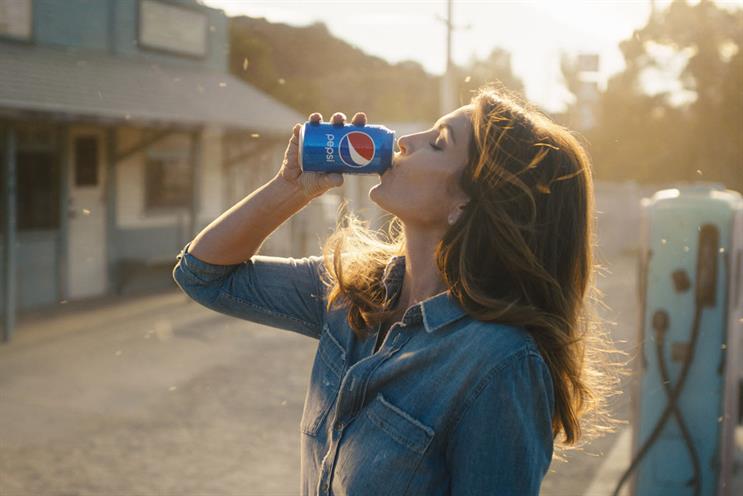With the departure of PepsiCo chief executive Indra Nooyi, who stepped down last week after twelve years in the role, the corporate world lost one of its highest profile women. Her exit leaves just 23 women at the top of the companies in the S&P 500 stock index.
For PepsiCo, the move is an opportunity to examine the challenges facing the brand and the corporation. The next CEO, Ramon Laguarta, inherits the company at a tough time. While PepsiCo made great strides during Nooyi’s reign, there are major obstacles to future growth. As the obesity crisis has hit, soda consumption has been steadily plummeting and the health conscious consumer is now spoilt for non-sugary choice.
In response, Nooyi steered the company towards health drinks and snacks, channelling marketing dollars away from bigger brands, like Pepsi and Mountain Dew, and towards its Naked cold-press juices, water brand LIFEWTR and other ‘healthier’ carbonated drinks (like Lemon Lemon in the US).
But this realignment towards health may be prevented from making the full impact necessary. The fact that the holding company is named PepsiCo means it inevitably operates in the shadow of Pepsi, a brand which has much to answer for in terms of the obesity crisis. Health brands owned and marketed by PepsiCo are in danger of being tainted by association. Contrast this with a company like Unilever, which is more protected from fallout if one of its brands becomes unfashionable because its identity remains, in spite of some of its efforts, separate.
PepsiCo is not alone and its situation mirrors that of the Coca-Cola Company, which has followed a similar route to its rival in terms of acquiring and launching healthier products. But that’s no get-out clause for Laguarta, and the problem certainly can’t be left at marketing’s door, because this is an equally corporate issue.
Perhaps Pepsi’s future lies in its past, originally marketed in 1898 and sold in pharmacies, the soda was promoted as a health remedy, with a list of all-natural ingredients including water, sugar, caramel, lemon oil and nutmeg. So, along with reducing calories and sugar levels in the cola, any artificial nasties could be replaced with natural ingredients and the brand’s distribution strategy changed so that it is not within arm’s reach of every consumer - giving adults and children a better chance of making a healthier choice.
Failing that, of course, PepsiCo could opt for a name change – like Google has tried with Alphabet. Regardless, until this challenge is met head on, PepsiCo cannot fully embrace the new world of health and wellbeing and continue the mission set out by Nooyi, 12 years ago.
Zaid Al-Zaidy is the chief executive of The Beyond Collective


